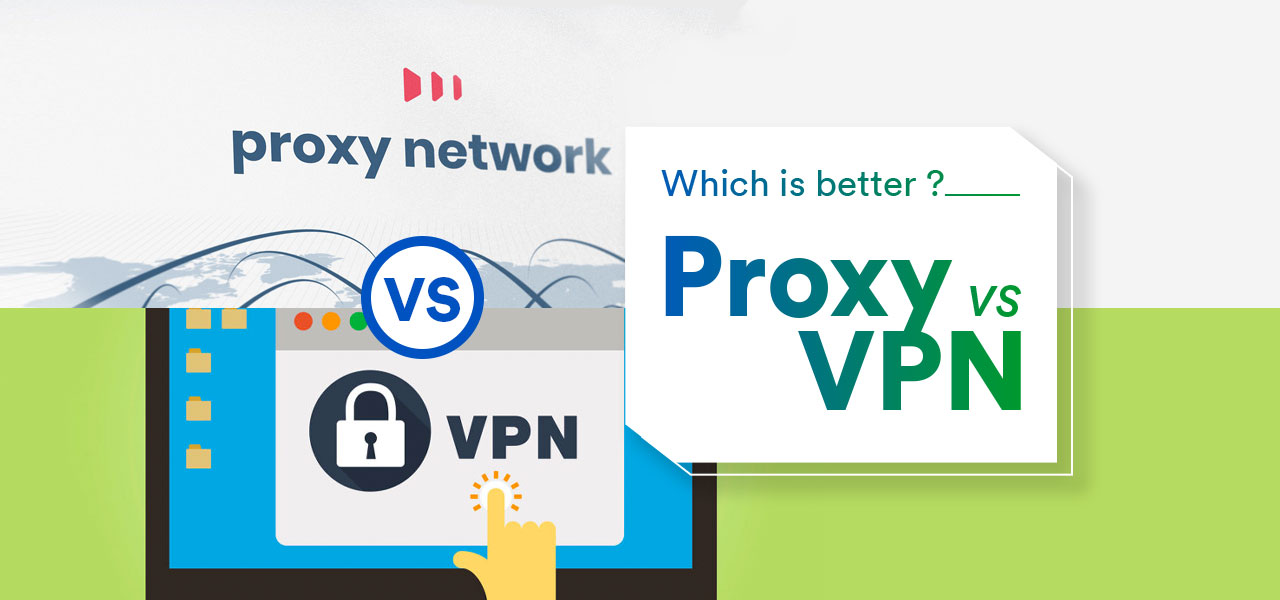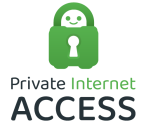
These days, more and more people are choosing to navigate the internet anonymously. Whether you’re accessing sites from abroad, downloading torrents or streaming content that you would rather keep private, there are several privacy programs and tools you can use, depending on your requirements. There are lots of anonymity tools available online, so how do you choose the right one for you? One of the main debates is choosing a proxy server vs VPN service.
After reviewing most services, we recon ExpressVPN is the best VPN for privacy, streaming and torrenting. For a limited time, get a huge discount and 30-day money-back guarantee.
What Is A Proxy Server?
Once you understand the difference between proxy and VPN, you will then be able to make an educated choice on which you think is best for you.
An open proxy server is a stand-in, virtual channel for online information to travel down. It is a way to redirect web traffic on its journey to the destination server. It will appear to the server that the traffic has traveled from a proxy server address, computing that you are in a different location from the one your genuine IP address indicates.
When using an open proxy server, you are making use of either an HTTP proxy server or a SOCKS proxy server. Both operate differently and can be used for different tasks. This is useful to know when comparing proxy vs VPN.
HTTP Proxy Servers
HTTP Proxy Servers are the older of the two and are the most straightforward type of proxy. It is designed to intercept internet traffic – both HTTP and HTTPS code – between your browser and the server – the site you’re trying to access. This hides your IP address, so the target server is spoofed into allowing you access.
Advantages
- They’re faster. As HTTP proxy servers deal solely with HTTP, they are more efficient at delivering the information and concealing your IP address, compared to SOCKS proxy servers or VPN services.
- Cost-effective solution. There are lots of free proxy servers for those who don’t want to spend a fortune but still want some anonymity when browsing the internet.
Disadvantages
- Potential security risks. HTTP proxy servers do not encrypt your information, so while your IP address is concealed, there is still the risk of your sensitive information being accessed by someone else.
- HTTP proxy servers can only handle web traffic. Downloading torrents or accessing online media through an application like Flash is not possible with this simple proxy service.
So, when should you consider using an HTTP proxy server?
If you’re having problems accessing a site – either because it is in another country and you are blocked from entering the site, or because you’re having technical difficulties, you can use an HTTP proxy server. You should be able to access your desired site – it might take a little longer than you’d like, chances are it’s only temporary, and you need to be aware of the security risks – but it can be helpful nonetheless.
SOCKS Proxy Servers
SOCKS proxy servers mark the evolution away from HTTP proxy servers. They can handle more complex web traffic than basic web browsing code, so you can enjoy invisibility across a range of different sites, such as media streaming and torrent sites.
Advantages
- Supports multiple types of traffic – not just HTTP. This includes FTP, SMTP, and traffic from Torrent sites
Disadvantages
- Poses a risk to your online security in the same way as web (HTTP) proxy servers
- Slower – you’ll notice a sometimes considerably lower speed with a SOCKS proxy compared to an HTTP proxy
What can I use a SOCKS proxy server for?
As with all proxy servers, a SOCKS proxy does not encrypt any traffic, which means that none of the information you share over a proxy is completely safe. For this reason, certain online activities should be avoided when using a free SOCKS or an HTTP proxy. Don’t access your email or online banking and avoid buying things online where a card number is required.
Other sites are limited to the point where it’s not worth trying to access them, such as real-time gaming. However, you can still use a SOCKS proxy to play single-player games that are centralized across international servers.
What Is A VPN?
VPN stands for ‘Virtual Private Network’, and these are used for similar purposes as proxy services, although they offer a more advanced way of doing so.
As well as channeling the traffic down a series of pipes, a VPN also encrypts the information, which provides a more sophisticated anonymity solution. By encrypting the information, it is not simply your IP address that is changed; your sensitive information and identity details are also protected against hackers.
The complexity of the encryption on your traffic will depend on the type of VPN server you use. Now you have read about VPNs and proxy servers, this now explains the major difference between proxy and VPN services.
Advantages
- Sophisticated encryption, keeping your connection secure and protecting your privacy and anonymity
- Versatile and dependable across a range of different browsers and different web traffic types
Disadvantages
- The cost – to get a great VPN that is reliable and complete with all the necessary features, you need to pay for it
- Free versions can be slow and have annoying ads, and aren’t as secure
What can I use a VPN service for?
The difference between proxy and VPN services is primarily the increased flexibility and security of the latter. If you want free reign on the web without compromising your safety and anonymity, VPN is the best option when choosing VPN Vs Proxy. The best VPNs are not free, but it’s an investment worth making that could save your money in the future. Otherwise when it comes to VPN Vs Proxy, and you are looking for cheaper not so secure options, then you can consider Proxy servers.
What Is Tor?
The Onion Router, or Tor, as it is known, is another option for concealing your information so you can browse the web and download things anonymously. It can be used alone or alongside a VPN, and functions by connecting a community network of people, who each share their bandwidth and IP addresses with each other. The result is a giant mesh of encrypted traffic channels that keeps communications anonymous.
It’s easy to start using Tor. Simply download and install a Tor client that works with your local server or install Tor software for your browser.
Advantages
- Powerful, many-layered encryption to keep your details secure
- Allows you to access Deep Web sites that you would be unable to find just using your browser
- Free – there is no fee for the current version of Tor
Disadvantages
- Slow – because of the high levels of encryption, it takes a while for Tor to process high volumes of web traffic, meaning it’s not the best service to use when torrenting or media streaming
- It could get you red-flagged – the government doesn’t like Tor, even if it’s not being used for illicit activities
So what can Tor be used for?
To keep your information secure, use Tor alongside a reliable VPN. This creates another layer of privacy and helps to protect sensitive information and your anonymity when consuming or publishing sensitive content.
On a larger scale, Tor is used by reporters, activists, and international human rights campaigners, as well as by other professionals who travel a lot to work and need to have consistent internet capabilities wherever they are.
VPN vs Proxy Servers vs Tor
VPNs are for many probably the simplest solution to change IP. And there are lots of great VPN options to choose from that provide high value for money. Then there is the proxy server vs VPN debate. Before making your choice on how to be anonymous online, you need to have a grasp of what each service does, how it works and whether it’s the right option for you.
There is no ‘one size fits all’ when finding the perfect online privacy solution. So it is important to start with comparing VPN Vs Proxy options.
When it comes to the proxy vs VPN debate, our verdict on VPNs and proxies is that, generally, VPNs are the safest, easiest and most reliable service for providing online anonymity.
Proxies do provide a restricted level of anonymity. But using free proxies (or free VPNs for that matter) can cause a whole host of other problems. Tor is a good option if you want a free solution, but it has its disadvantages.
The security and sophistication of VPNs make them undeniably a much better way to stay private and secure online when you compare a proxy server vs VPN. Designed specifically to give you online invisibility, you don’t have to worry about getting flagged or recognized by the government. Also, your online actions and identity are protected in the most thorough way possible.
And the best VPN are these ones:
In the debate of proxy server vs VPNs, you might be tempted to opt for a free proxy server over a paid VPN server. But it’s important to note that quality VPNs are not as costly as you might think. Indeed, some of them cost under $5 per month, which is a small price to pay for consistent, secure and flexible online anonymity.
Conclusion
What is the difference between proxy and VPN? What can Tor be used for? What are the benefits of proxy vs VPN, and vice versa? We’ve put all the answers in one convenient place, so you can find the perfect anonymity service to suit your online needs.
In short, in a battle of proxy vs. VPN, VPN wins for us every time. Hopefully, this solves any VPN Vs Proxy questions you may have.






